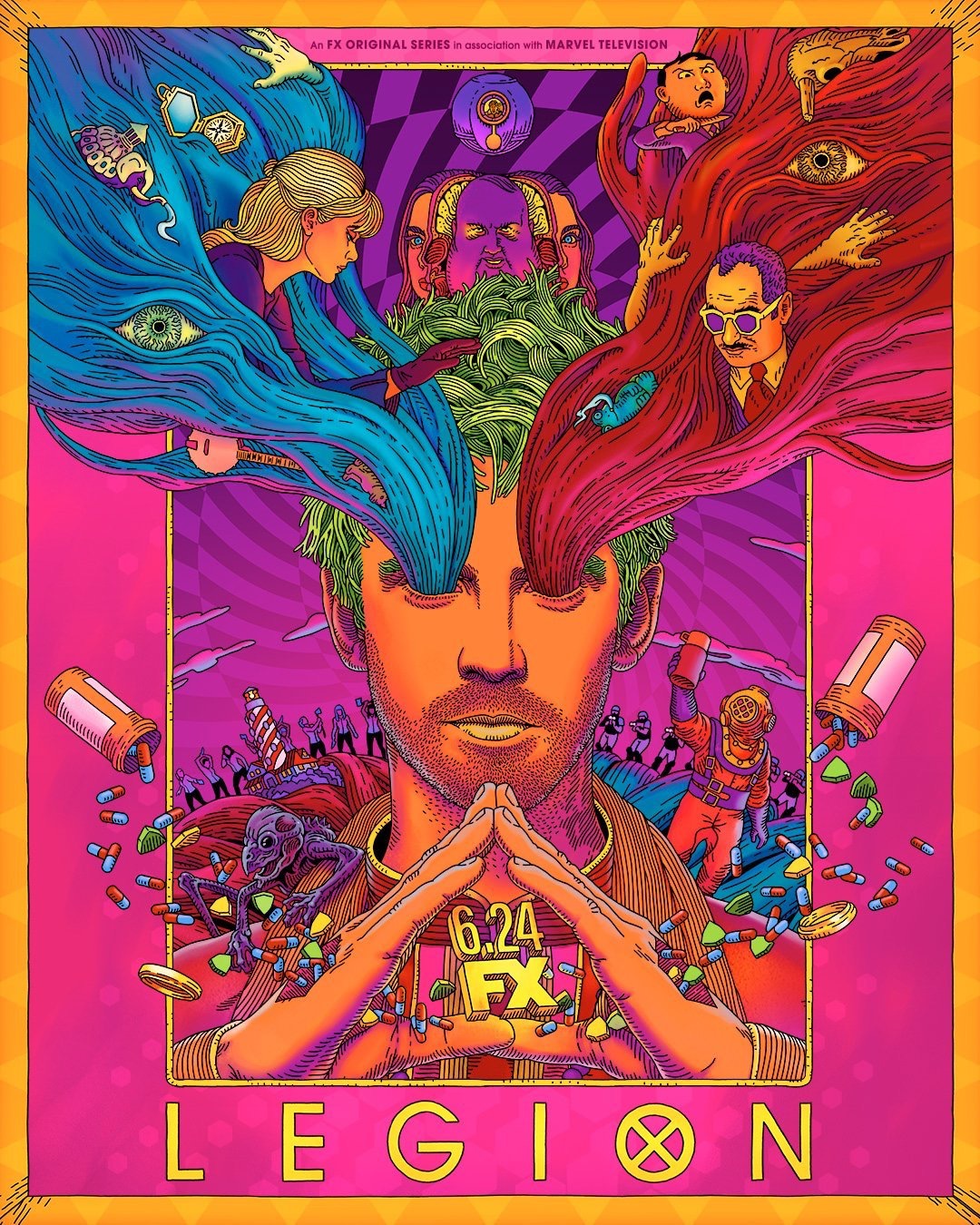As much as I’ve enjoyed most episodes of Black Mirror, the prospect of a “Choose Your Own Adventure” movie seemed like a gimmick. I don’t usually dig gimmicks. So, it was with more than a little skepticism that I started my first viewing of Black Mirror: Bandersnatch.
I've never been impressed with any of the ideas to “evolve” the movie-going experience. Don't get me wrong, the addition of sound and then color to film was a smart move. Then came tinglers in the seats, Smell-O-Vision cards, and 3D Glasses. Gimmicks. Things that are maybe cute and fun the first go around, but then get annoying and intrusive.
Though I still don't see a future in “Choose Your Own Adventure” movies, I will admit the execution of viewer decisions that affect the story in Bandersnatch worked amazingly well. From the technology side, the footage in each choice-path was buffered so that the flow down each turn in the story was seamless. This is important as the viewer is already taken out of the viewing experience by reading the options and selecting their particular choice again and again. An awkward pause or crude jump in addition with each choice would be a deal-breaker.
But the most important ingredient to Bandersnatch that made the gimmick palatable was that the story itself was about choices and the branching possibilities. This story embraced its gimmick and heightened it to acceptance by making it integral and instilling the very idea with gravitas.
Fiona Whitehead’s Stefan is your classic Black Mirror archetypal character: distant, sometimes unsympathetic, and with a broken soul. Given the setting of 1984 and his interests, it was not hard for me to identify with his motivation. I’ve always been a sucker for movies where there was a creative building element to the problem-solving. Books, notes, schematics, and research pushpinned across a bedroom wall is a very 80s callback thanks to geek movies like WarGames, Real Genius, and the Manhattan Project.
The cool, punk rock programming genius Colin Ritman was played with scene-stealing zeal by Will Poulter. Probably the most interesting character in the piece because of the fluid nature of Colin’s apparent understanding of the Phillip K. Dick twisted reality conspiracy at the heart of Bandersnatch.
Stefan’s father Peter was also interesting. Presented on the surface as stuffy and out of the loop, there was a sinister framing to him affected mostly by the possibly unreliable main character’s paranoia. Most intriguing, though, to me was the hints of surprising moments of fatherly compassion that makes us doubt the truth of the character’s nature. He isn’t an easy character to pin down, especially in his permutations across the different story paths.
The emotional story at the center of Black Mirror: Bandersnatch is Stefan’s childhood trauma about the loss of his mother and, apropos to the major, the choice that Stefan made as a child to not go with his mother on the day of the accident that ended her life. Along with the homage to Choose Your Own Adventure books, 80s computer games, and Phillip K Dick mania, this is a story about trying to come to terms with loss carried throughout one’s life.
In the midst of this, Stefan realizes that he is being controlled. He is being controlled from the future, via a technology called Netflix. This was probably too cheeky a plot point for many viewers, but I found it a fall-into-place opportunity that I don't think even Phillip K Dick would pass up now that we live in the “future”.
As with a lot of Black Mirror stories, a lot of the endings have a sour, inevitably grim note. Stefan is trapped in the maze of possibilities by this bizarre alternate reality shifting technology from the future. There are some possibilities for redemption for Stefan, though. He just needs you, the viewer, to help him find the right path to them by rewatching Bandersnatch, again and again, to map out the best choices. Unlike the old Choose Your Adventure books, you can't flip to the end to read all the endings to find the best.











